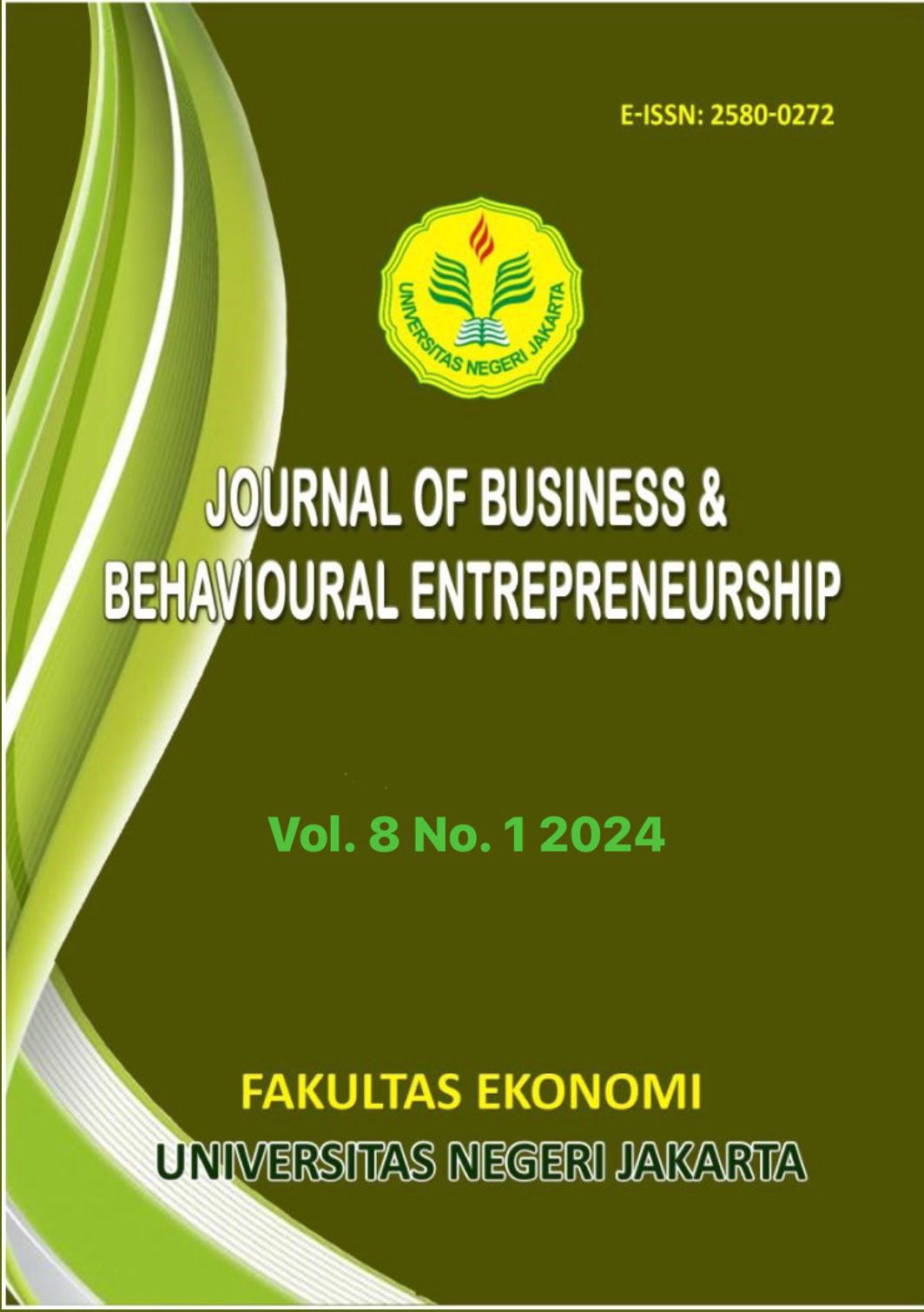Literature Review Meta-Analysis: Student Loan Scheme
DOI:
https://doi.org/10.21009/JOBBE.008.1.06Keywords:
Education Accessibility, Financial Aid Policy, Higher Education, Income-Contingent Loans Student LoansAbstract
This study aims to assess the impact of student loan schemes on global access to higher education, focusing on literature from 2014 to 2024. Using a meta-analysis approach, the research compiles data from various studies to provide an overarching conclusion on the effectiveness and challenges of student loan policies. Key findings indicate that student loans significantly enhance access to higher education, especially for students from low socio-economic backgrounds, as evidenced by Msigwa (2016) in Tanzania. In the United States, the expansion of student loans has led to increased dependency on federal support and greater accountability demands from higher education institutions, as discussed by Berman & Stivers (2016). Additionally, global trends show widespread adoption of income-contingent loans (ICLs) in countries like Australia and the UK, facilitating manageable loan repayments based on income (Chapman, Dearden, & Doan, 2020). Reflecting on recent developments, President Joe Biden's announcement of $7.7 billion in student debt relief underscores the policy's political and economic significance. This decision aims to alleviate the financial burden on 4.75 million borrowers, despite political opposition. For Indonesia, this study suggests adopting income-based loans, enhancing accountability, and improving oversight to ensure equitable and effective loan distribution. These measures could reduce financial burdens and improve socio-economic outcomes, ensuring broader access to higher education.









